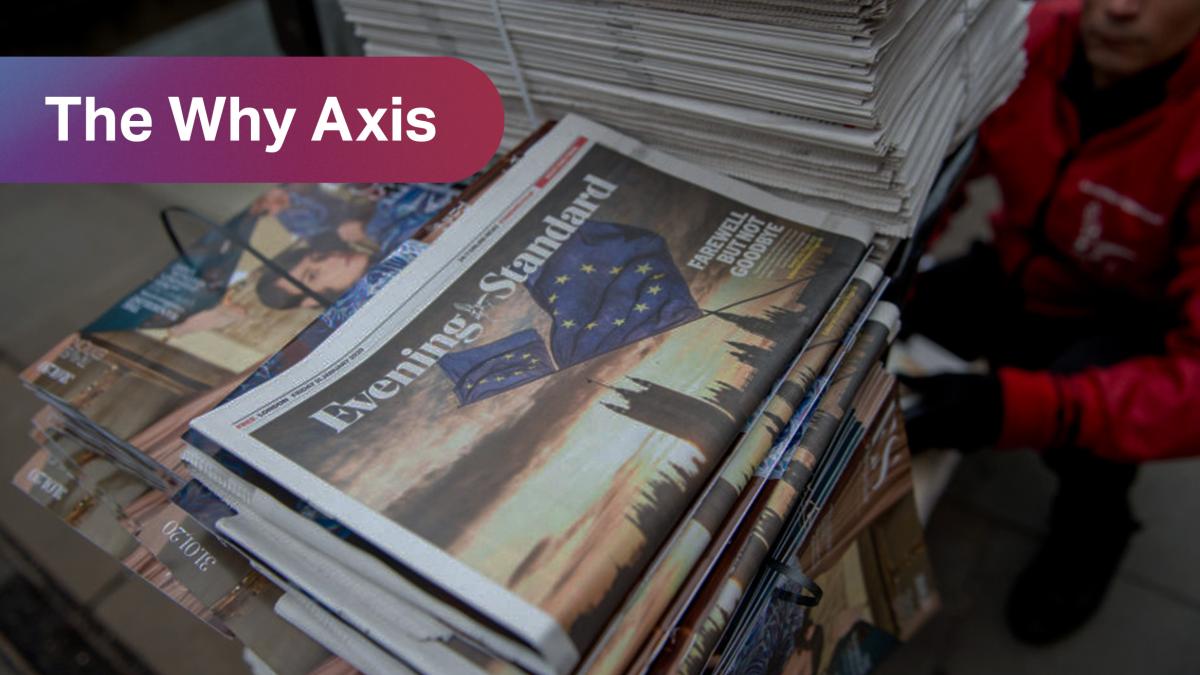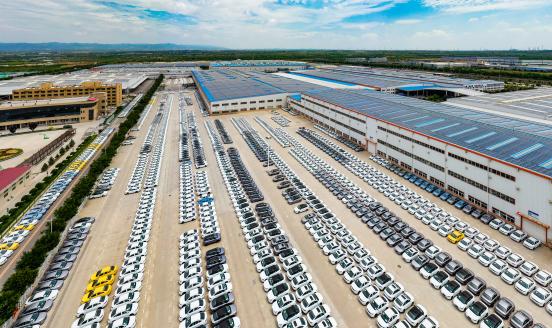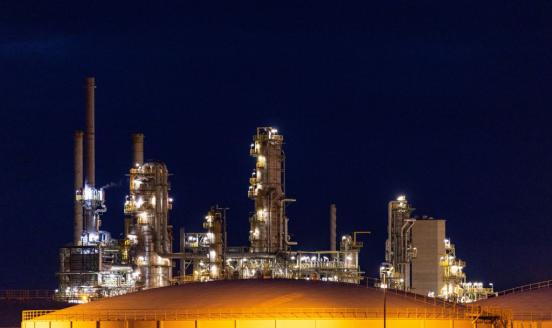How can a clean tech partnership de-risk and decarbonise global supply chains?


Trade in renewable energy goods is a global public good because all countries gain from the others cutting emissions, and all suffer from climate change if decarbonisation is delayed. Yet this vital process is too dependent on one producer, namely China, which controls most of the world’s production of solar panels, batteries for electric vehicles and to a lesser extent, wind turbines. These supply chains are vulnerable not only to potential weaponisation of one country’s dominance but also to unintended disruptions, such as pandemics or climate-induced natural disasters. Meanwhile, the demand for clean tech is growing fast, also in China itself, to meet its national targets for decarbonisation as the largest global emitter.
There are complexities involved in de-risking this supply chain. In addition to China’s dominance of the extraction and processing stages of production, Chinese firms are also far ahead of the rest of the world in green tech manufacturing and innovation.
The US and the EU are currently pursuing de-risking policies that aim to increase their own supplies of clean tech. However, a broader approach to improving the overall security of supply for all countries is needed. This could be done through the creation of a clean tech partnership composed of incentive compatible countries cooperating in the different areas of the supply chain of green tech, from extraction, refining, manufacturing and innovation.
Coordinated specialisation among members of this ‘green partnership’ will be necessary to achieve those objectives, while also leaving room for the private sector to compete. The aim of such a partnership is not to substitute for Chinese production, but to complement it through coordination with other interested parties. This can increase the production of green tech at a time when is most needed.
The Why Axis is a weekly newsletter distributed by Bruegel, bringing you the latest research on European economic policy.



